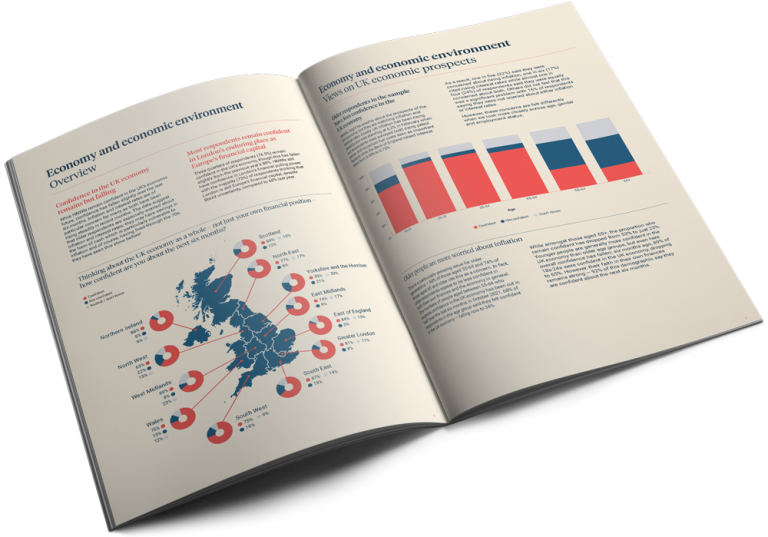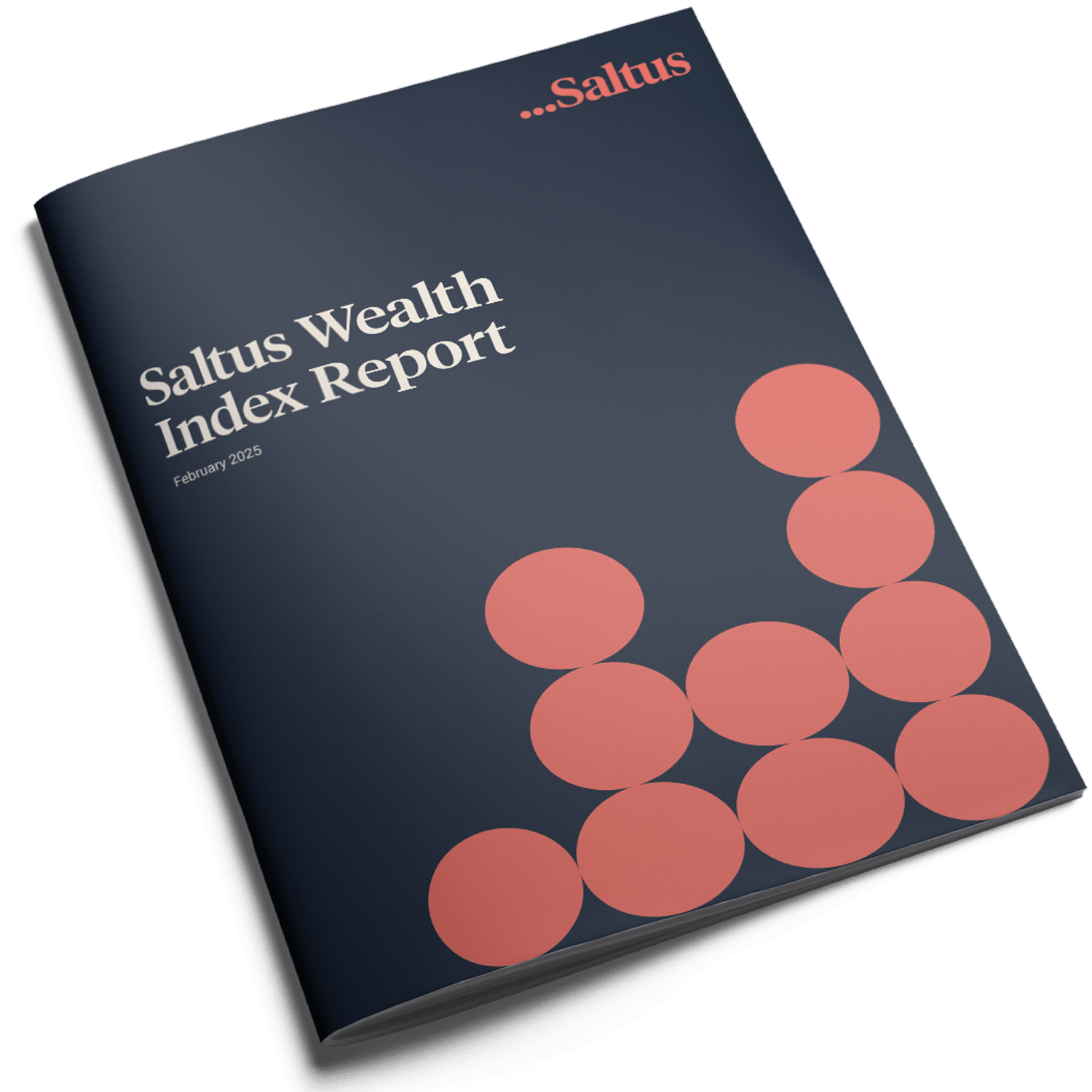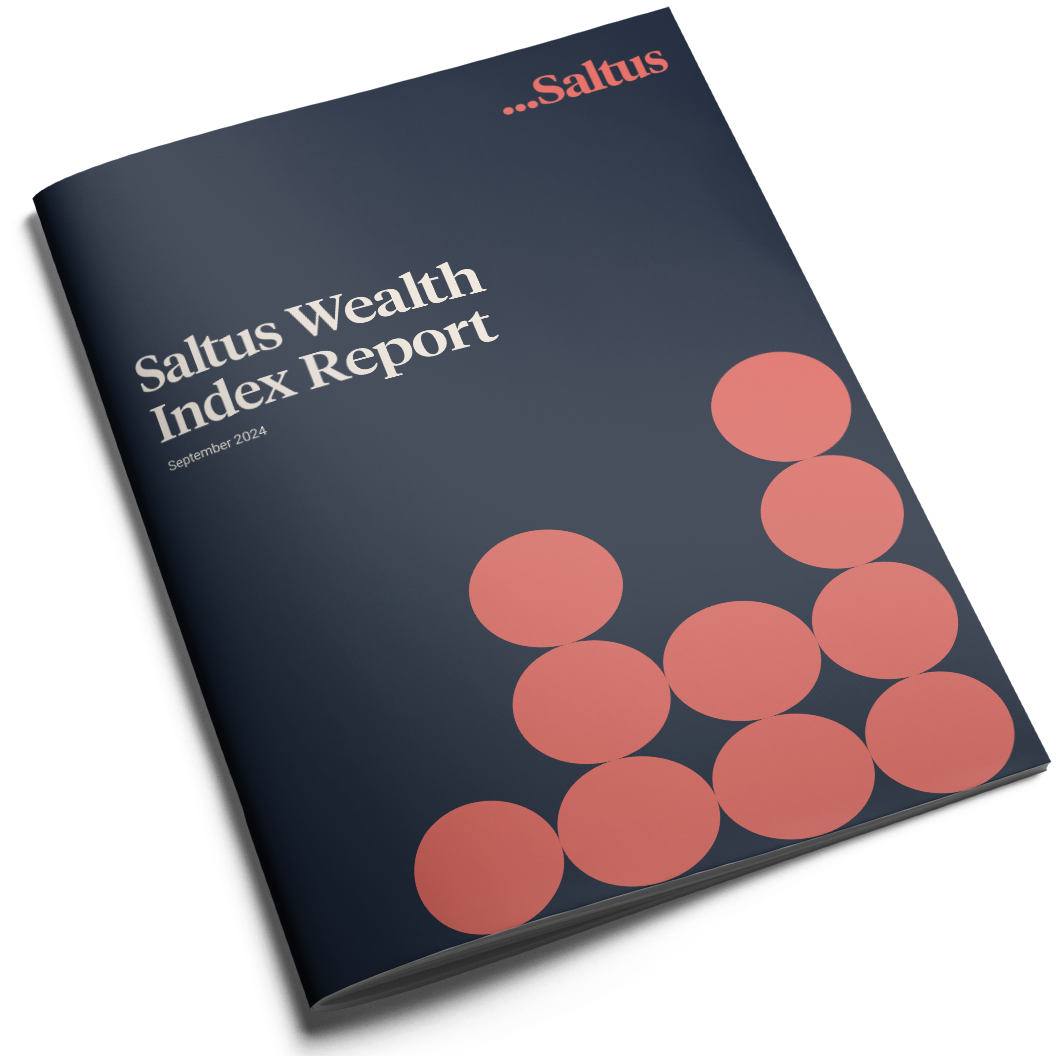The report highlights the views of a constituency that is often overlooked and has its ambitions and values denigrated or subordinated to other agendas. That constituency is of course high net worth individuals (HNWIs). If Britain is to get out of the sluggish lane it appears to be stuck in, it is these people that will do it. HNWIs matter.
We conduct two surveys a year to track how opinions change over time. On the face of it the Wealth Index, our single barometer of confidence of respondents, has shown some improvement. It now stands at 64.7, representing a degree of recovery from the low in the winter following the first Labour Budget (where, at 58.2, it was lower even than the point following Liz Truss’s Budget). However, it is still short of the levels we recorded in the summer of 2024.
A pinch of salt is required when considering this current number. The research was conducted in the context of strong rebounds in markets, following the volatility of the spring when Trump’s tariffs caused much turbulence. It is reasonable to speculate that our respondents might feel more prosperous, but they do not feel more secure.
There is plenty here to support that view. Large numbers of respondents are considering leaving the UK. HNWIs do not think the tax they pay is fair and they believe that there is more ugly tax news in store for them from the Labour Government. They are continuing to experience the pain of being the squeezed generation – having to offer financial support to both parents and children. Significant numbers report putting in place steps to protect their wealth, particularly relating to intergenerational transfers.
These attitudes are spiced with a dose of regret. About half of those who voted Labour now wish they hadn’t.
However, there is one glimmer which we should not ignore. HNWIs report in larger numbers than before that they are participating in nurturing the next generation of business whether that be in investment or in practical assistance such as mentoring. If things are going to get better – to almost coin a phrase – you feel that this mix of generosity and good old fashioned self interest will be the way it happens.
As always, my thanks go to our partners at Censuswide and our collaborator, Dr Michael Peacey of the University of Bristol, who helps us understand this valuable data. I hope you enjoy the report.














